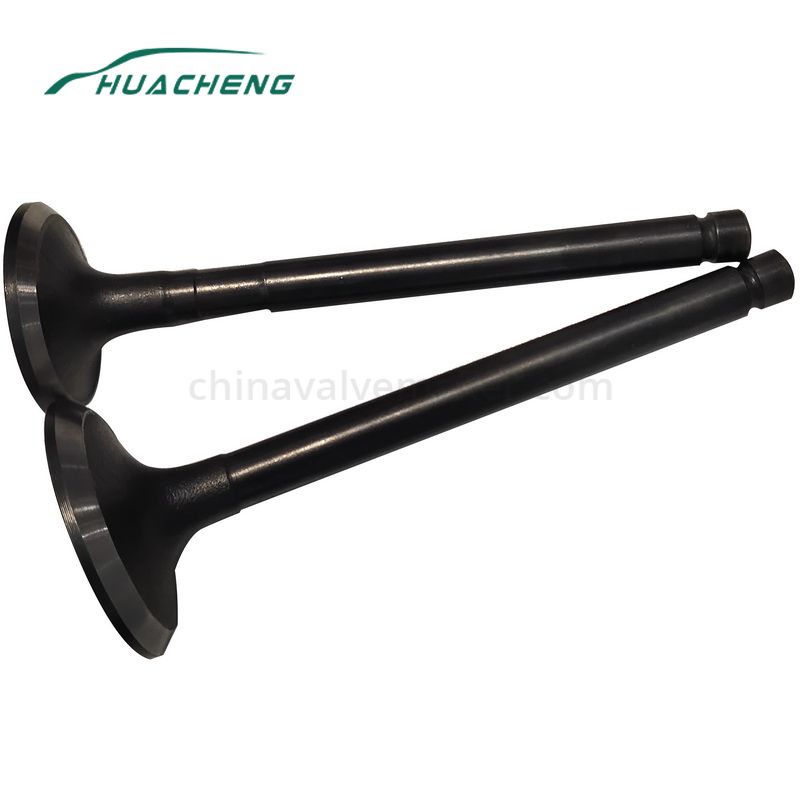After the vehicle is started, the engine makes a rhythmic "click" similar to a metal knocking sound, which rhythmically accelerates as the engine speed increases. Under normal circumstances, the engine will not make this kind of noise for a long time. Most of the noises are made for a short time after a cold start and then disappear slowly. This is the valve noise.
The main reason for valve ringing is the clearance created between the engine valve mechanisms, most of which are due to parts wear or clearance adjustment failures, such as camshafts, rocker arms, and hydraulic jacks.
Most of the engines now use hydraulic jacks, which are mainly used to automatically adjust the gap caused by the wear of the valve mechanism. The automatic adjustment of the hydraulic jacks is realized by the oil pressure. When the parts are excessively worn and exceed the limit of automatic adjustment, valve noise will occur. The failure of the hydraulic jack column and the failure of the automatic adjustment function can also cause the valve to sound.
Excessive valve clearance, in addition to the noise when starting (more obvious when the car is cold), there are other drawbacks. Such as: insufficient valve lift, insufficient intake, incomplete exhaust, reduced engine power, and high fuel consumption.
As each vehicle type is different, the valve clearance requirements are also different. Generally, the normal clearance of the intake valve is between 15-20 wires, and the normal clearance of the exhaust valve is between 25-35 wires.

Since the automatic clearance adjustment function of the hydraulic jack is realized by the oil pressure, the valve sound has a direct relationship with the oil. Of course, the premise is that the engine is not worn.
1. Low oil pressure or insufficient oil volume
Low oil pressure, inadequate lubrication of the valve chamber; or insufficient oil, and gaps in the hydraulic jack when air enters the oil passage, will cause valve noise.
2. Air enters the oil passage during maintenance
Many people have this kind of experience. They just finished the maintenance, and there was a short-term valve sound when the ignition was on the next day. In fact, this situation is relatively normal, because in the process of draining the oil in the oil passage, the oil in the oil passage is emptied, and air may enter the oil passage and cause valve noise. After a period of operation, the air will be discharged and the valve noise will disappear.
3. More carbon deposits in the engine
After the engine has been used for a period of time, carbon deposits will occur inside. When the carbon deposits accumulate to a certain level, the oil passages may be blocked, causing the automatic gap adjustment function of the hydraulic jack to fail and causing valve noise.
Avoiding valve ringing is actually very simple. The car owner only needs to maintain on time in accordance with the manufacturer's requirements to prevent engine wear, which can effectively reduce the occurrence of this situation. It is also very important to choose the engine oil that is suitable for the engine grade and viscosity of your car, and do not blindly pursue high-end and low-viscosity engine oils.